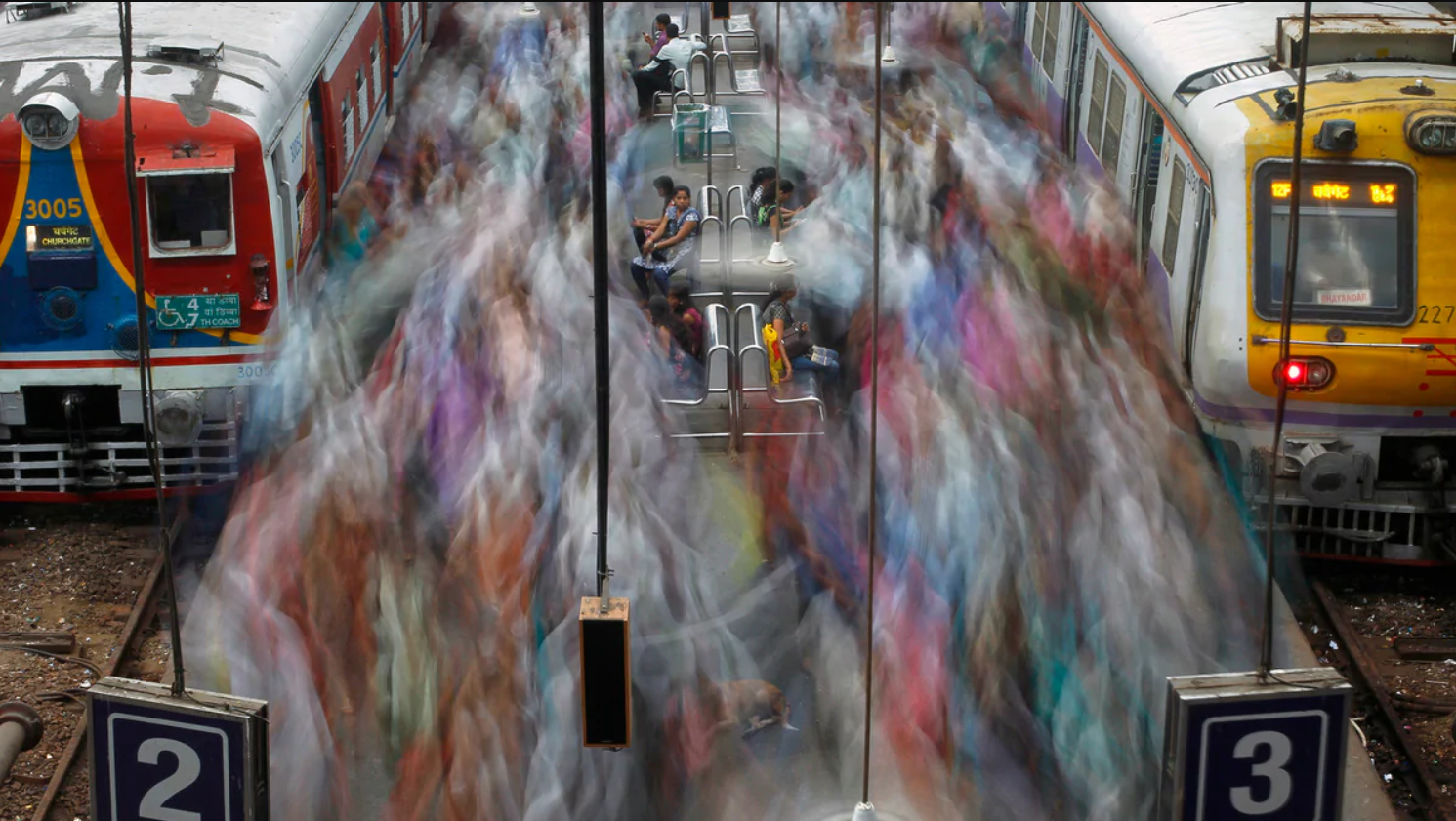Railway stations in major cities will soon use facial recognition technology to assist in identifying criminals in India by the end of 2020. This move has been heavily criticized by digital rights campaigners that claim it is a significant breach in privacy in the absence of relevant laws.
The new facial recognition system will be installed in key railways stations and is being tested in India’s tech hub, Bengaluru. This system will have to scan approximately 500,000 commuters every day and will utilize artificial intelligence which will match scanned faces against the police database of criminals. A senior Indian Railway official has stated that the move will make the railways a “virtual fortress without a physical, brick and mortar boundary wall, we will be able to make the whole system more secure.”

The Indian Railways is one of the biggest railways networks in the world which spans across the entire nation and connects major cities to distant corners of the country, carrying about 23 million people or the entire population of Taiwan in a single day. However, despite its significance in transportation, it is also been known to have been used by human traffickers to lure millions of females and children. These criminals con people with attractive offers of jobs, but are then sold into slavery or bonded labor to pay of debt.
The idea behind the inclusion of the facial recognition technology to catch criminals is sound but could potentially carry a lot of risks as well. This has caused supporters and detractors of the new technology. On one hand, the system can be used to great effect and vastly improve security while others say it comes at a notable loss of privacy and perpetual surveillance.
Editor’s Pick: Harvard’s Chemistry Department Head arrested for lying about working with China
India is currently preparing to implement a nationwide facial recognition system, one of the largest in the world, which is already utilized in certain airports. However, as India advances in the technical field its laws have yet to catch up with modern laws concerning digital privacy. This has even led to a backlash from human rights group. In 2017, the Indian Supreme Court ruled that individual privacy is a fundamental right but the latest data protection bill which was introduced in parliament gives the Government the power to ask electronics based firms to hand over users’ data.

The Indian Railway’s facial recognition software will store a person’s face in the system for up to 30 days and will only be accessible to the Railway Protection force under an authorized person. According to Raman Jit Singh Chima, Access Now Director (an Asian digital rights group) the new system has been labeled “dangerous” since it did not reveal which third parties were involved and how data was handled or accessed.
Similar to railway stations, there are plans for including similar technology onboard trains as well, with security cameras being installed in 1,200 out of 58,000 carriages. The senior railway official also claimed that this was the only method through which a country like India with such a large population can be monitored and “policing has to be tech-based.”
UP NEXT: Samsung is making a Reusable Packaging Box to reduce pollution during product distribution







